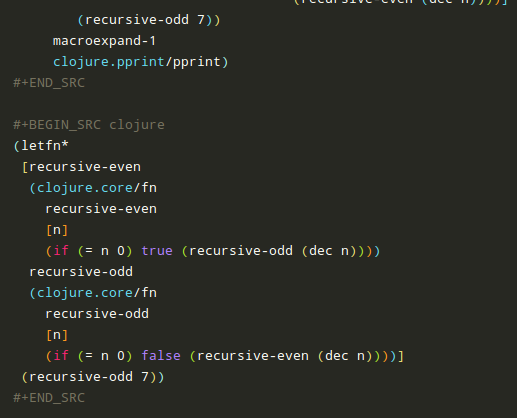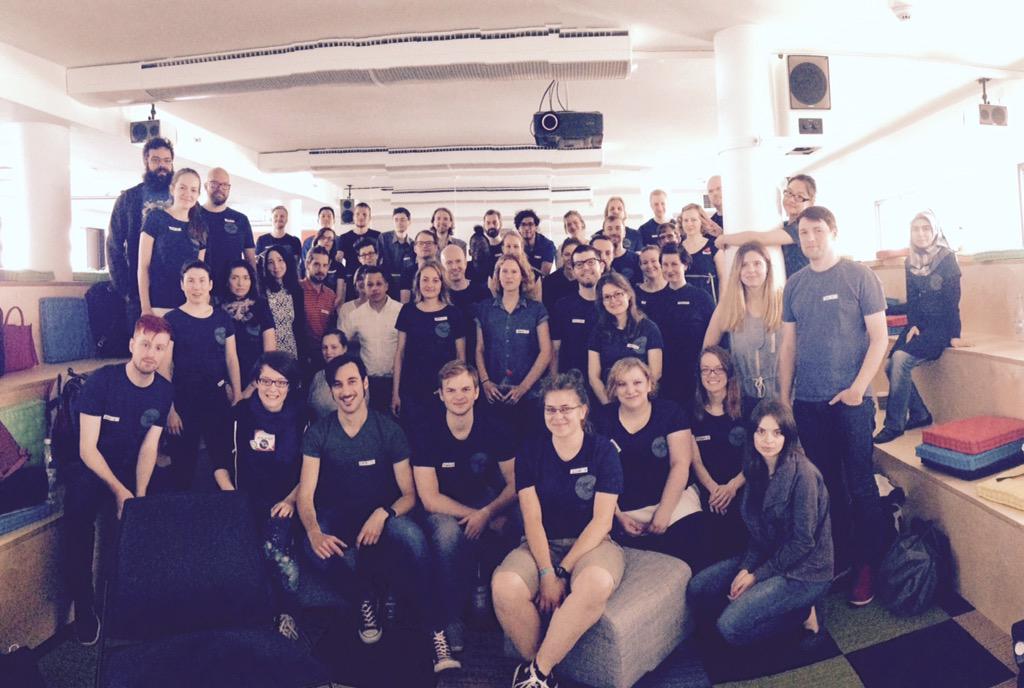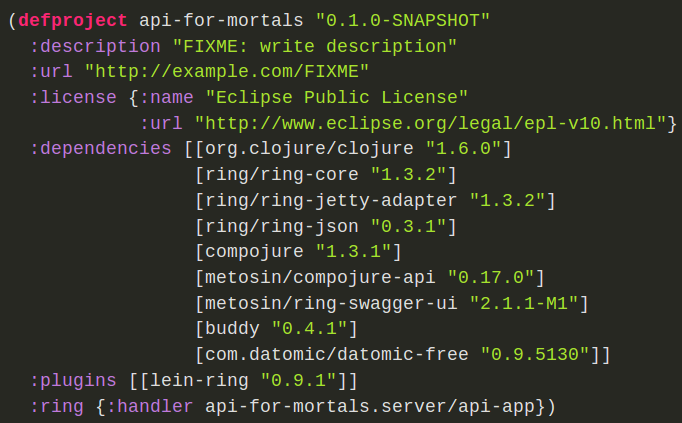
EuroClojure 2017 talk: Intro to Probabilistic Programming and Clojure’s Anglican
At this year’s EuroClojure I gave a talk about probabilistic programming with Clojure, using the Anglican probabilistic programming system. Abstract: Probabilistic Programming Systems aim to merge general purpose programming with probabilistic modelling. They provide powerful statistical inference and thus allow developers to focus on the modelling with tools and environments they are comfortable with. These emerging methods are promising additions to the Data Scientist’s toolbox and an interesting, satisfying playground for programming enthusiasts. This talk is an introduction to Probabilistic Programming Systems, their use and value for the industry and Clojure’s great library “Anglican”. ...





